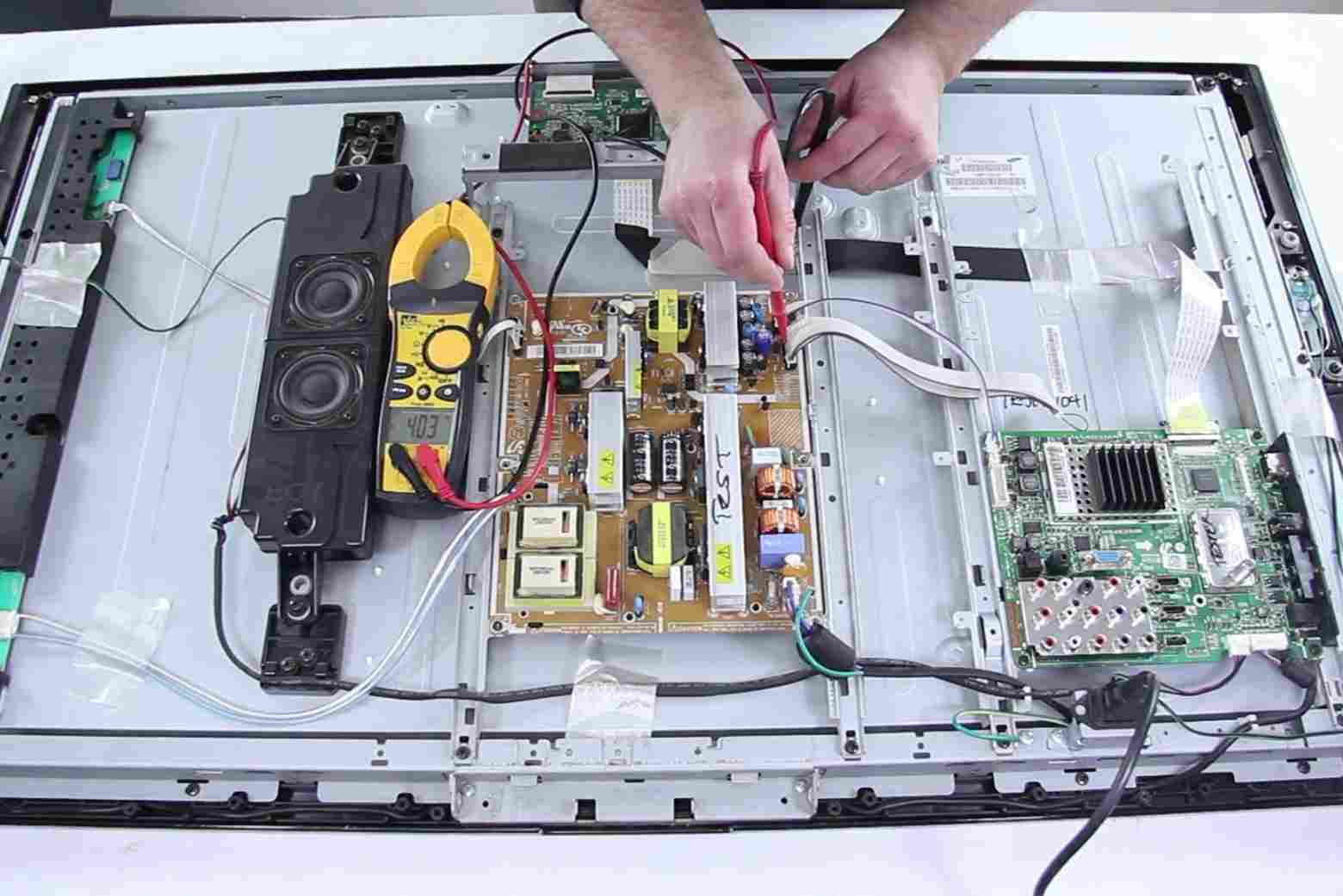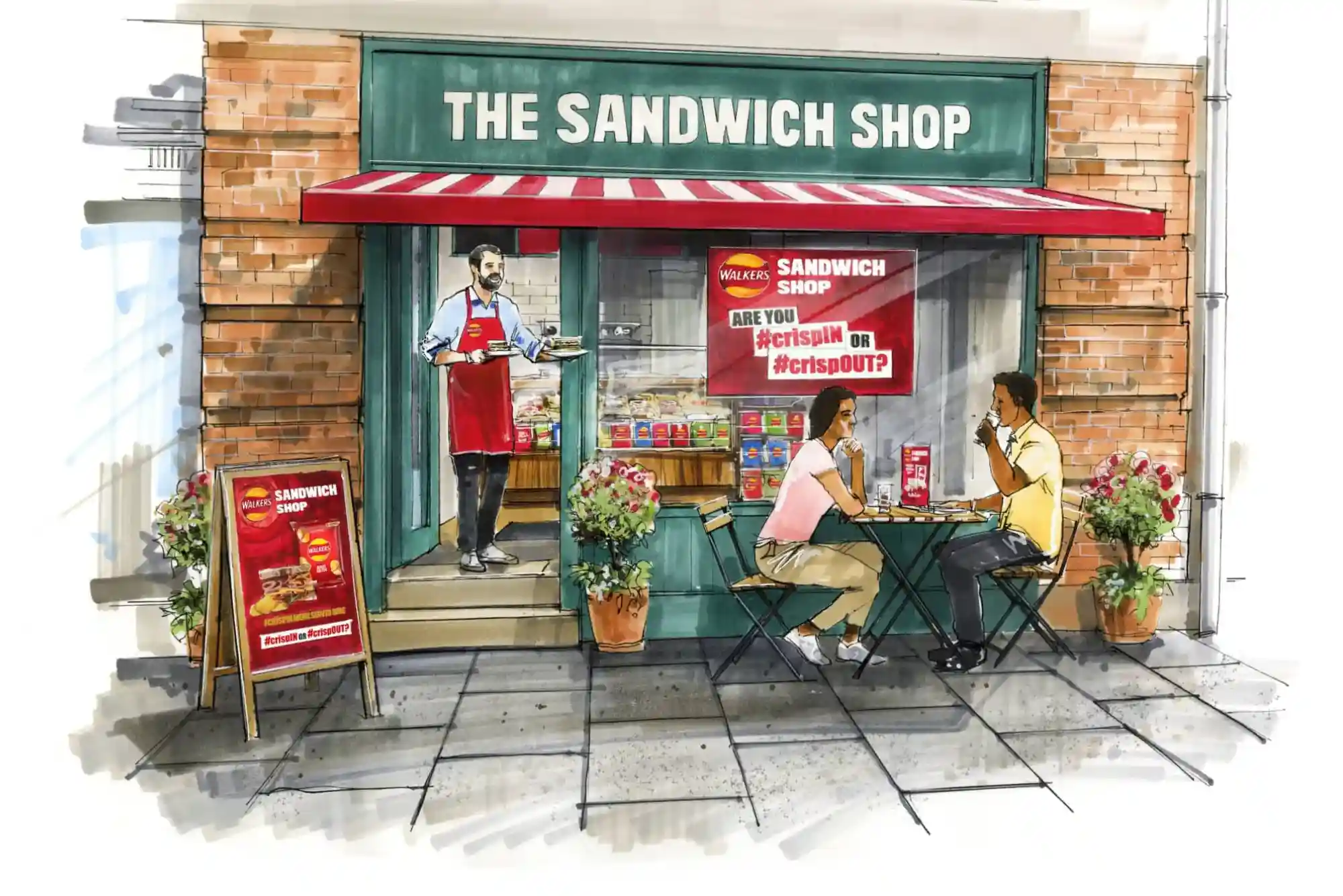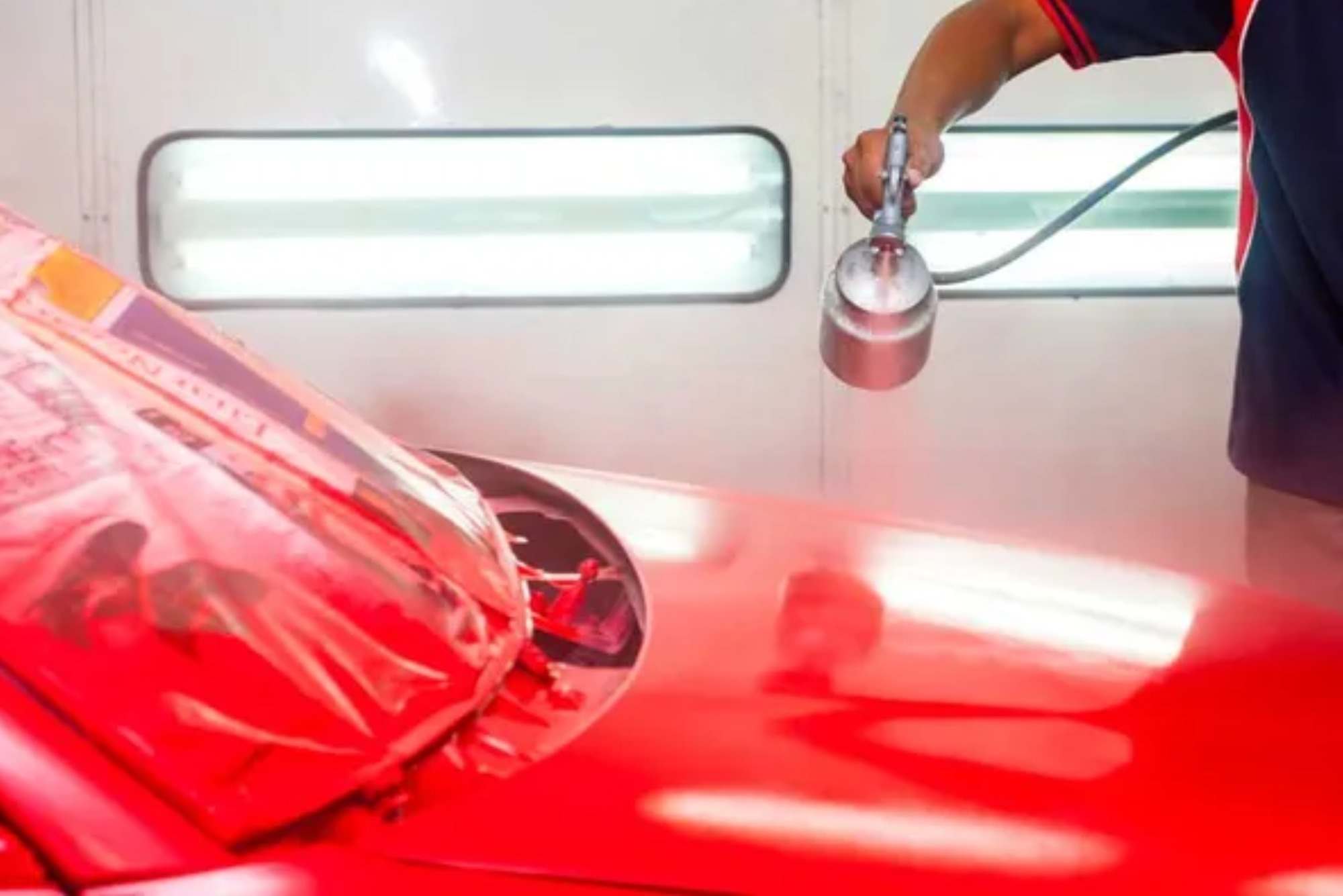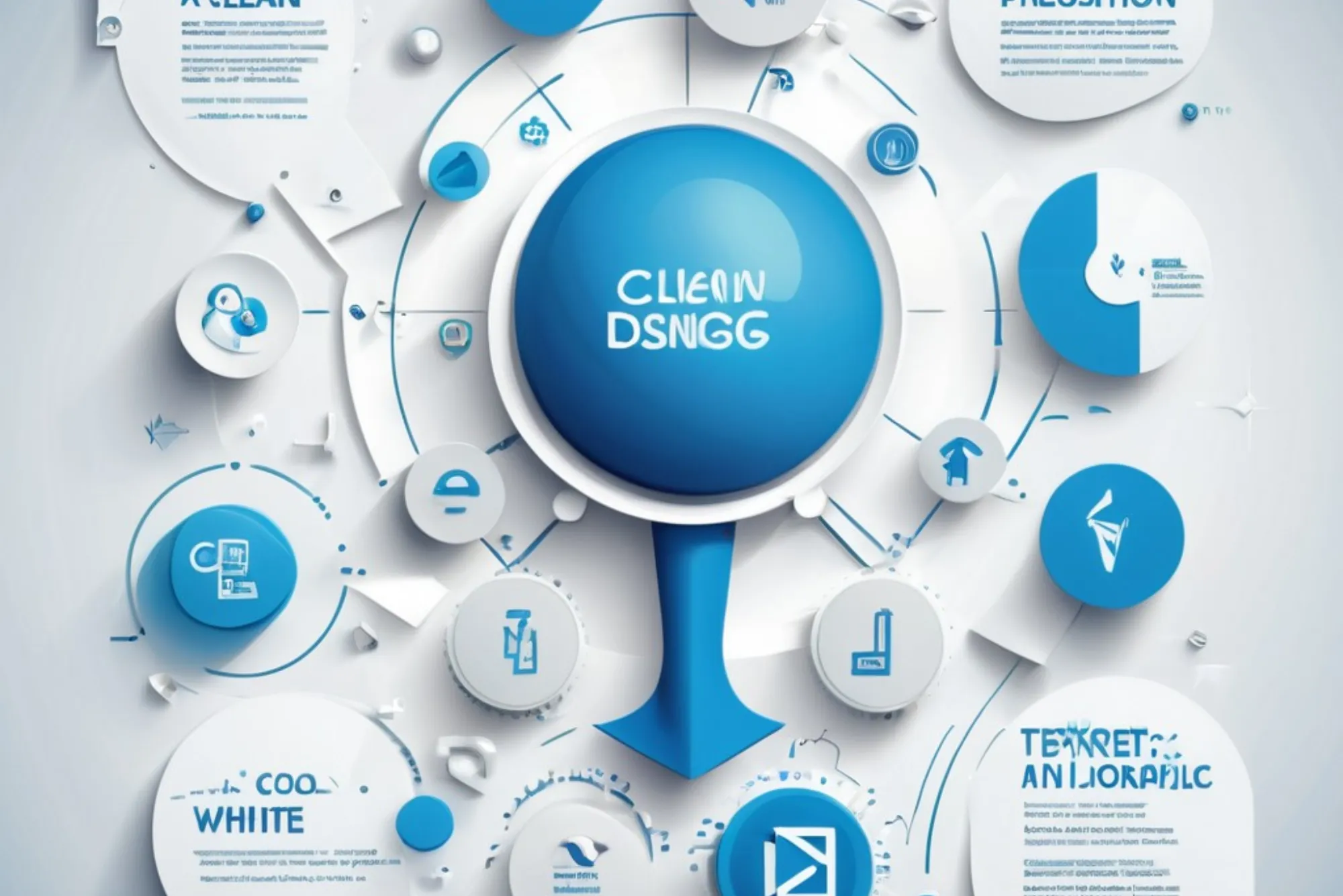In the bustling aisles of supermarkets, amidst the hum of shoppers and the array of products, one often encounters a familiar sight: children pushing miniature trolleys, eagerly mimicking their parents’ grocery runs. These tiny replicas of supermarket carts aren’t just toys; they’re tools for learning and development. In this article, we delve into the multifaceted benefits of supermarket trolleys for children, exploring how these simple toys can foster growth, creativity, and essential life skills.
Understanding the Role of Pretend Play
Pretend play, also known as imaginative or symbolic play, is a cornerstone of childhood development. It allows children to explore different roles, scenarios, and emotions in a safe and controlled environment. Through imaginative play, children develop crucial cognitive, social, and emotional skills, laying the foundation for future success.
The Evolution of Supermarket Trolleys
Supermarket trolleys, once designed solely for adult use, have evolved to accommodate their youngest patrons. Miniature versions of these carts have become popular toys, offering children a chance to engage in pretend play centered around grocery shopping. These pint-sized trolleys mimic the real thing, complete with rolling wheels, a basket, and even miniature groceries.
Benefits of Supermarket Trolleys for Children
Imagination and Creativity: Supermarket trolleys provide children with a canvas for imaginative expression. As they push their carts through imaginary aisles, they create narratives, make decisions, and engage in role-playing. Whether they’re pretending to shop for groceries, playing cashier, or stocking shelves, supermarket trolleys spark creativity and encourage storytelling.
Fine Motor Skills Development: Maneuvering a supermarket trolley may seem like a simple task, but it requires coordination and control. Children improve their fine motor skills as they grip the handle, navigate obstacles, and place items in the basket. These activities enhance hand-eye coordination, finger dexterity, and spatial awareness.
Social Interaction: Supermarket trolleys are often used in group settings, allowing children to engage in cooperative play. Whether they’re shopping with siblings, friends, or parents, children learn to communicate, negotiate, and collaborate. They take turns pushing the trolley, share pretend groceries, and role-play various roles, fostering social skills and empathy.
Numeracy and Literacy Skills: Grocery shopping offers numerous learning opportunities. Children can practice counting as they tally up items in their basket, identify shapes and colors among the products, and even engage in simple math by adding prices together. Furthermore, parents can encourage literacy by reading labels and grocery lists together, expanding vocabulary and comprehension.
Emotional Development: Pretend play with supermarket trolleys allows children to explore and express their emotions. They may role-play scenarios involving decision-making, problem-solving, and conflict resolution, learning to navigate complex social situations. Through play, children develop empathy, resilience, and emotional intelligence.
Maximizing the Benefits of Supermarket Trolleys
To optimize the developmental benefits of supermarket trolleys, parents and caregivers can incorporate them into everyday play and learning experiences. Here are some suggestions:
Create a Play Store: Set up a pretend grocery store at home using household items and the supermarket trolley. Encourage children to take on different roles, such as shopper, cashier, or store manager. Provide play money, shopping lists, and pretend groceries to enhance the experience.
Role-Playing Scenarios: Encourage children to enact real-life scenarios using the supermarket trolley. They can pretend to shop for ingredients to cook a meal, plan a picnic, or host a party. These role-playing activities not only stimulate creativity but also teach practical life skills.
Educational Games: Incorporate educational games and activities into supermarket trolley play. For example, children can sort groceries by category (e.g., fruits, vegetables, dairy) or practice making healthy food choices. Use the opportunity to discuss concepts such as nutrition, budgeting, and sustainability.
Outdoor Exploration: Take the supermarket trolley outdoors for a change of scenery. Children can push their carts through a makeshift “market” in the backyard or local park, interacting with nature and incorporating natural elements into their play.
Trolleys Supermarket Sharjah offers far more than just entertainment; they are powerful tools for children’s development. Through imaginative play, fine motor skill practice, social interaction, and learning opportunities, these simple toys contribute to holistic growth and learning. By recognizing the value of supermarket trolleys in childhood development and actively engaging children in purposeful play, parents and caregivers can nurture their potential and lay the groundwork for a lifetime of learning and exploration.





















